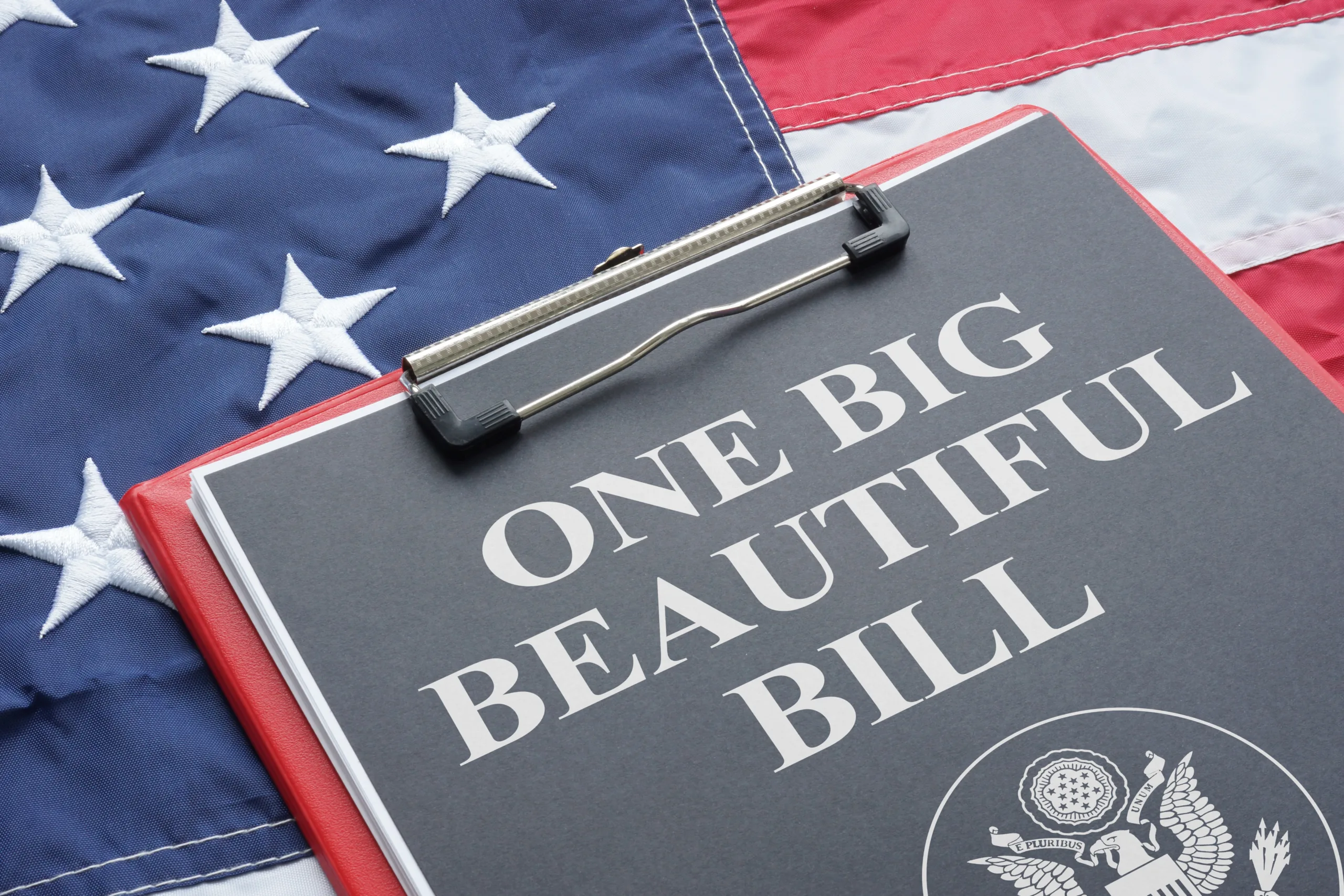
Reimagining Pooled Employer Plans in 2026
Guest author Tom Krusic is a Financial Consultant at intellicents, a trusted Würk partner. Tom’s extensive knowledge regarding corporate retirement plans, employee education, and personal financial planning enables him to clearly chart the best path for his clients throughout all phases of their financial journey. His expertise in retirement planning, qualified retirement plans, financial planning, and wealth management has been critical in helping our Würk clients reach their personal financial goals.


